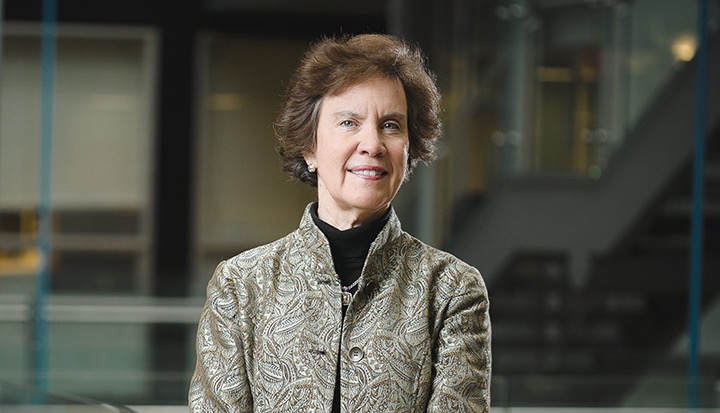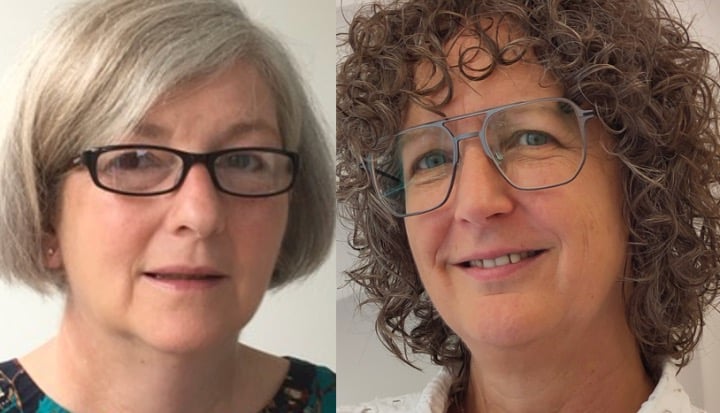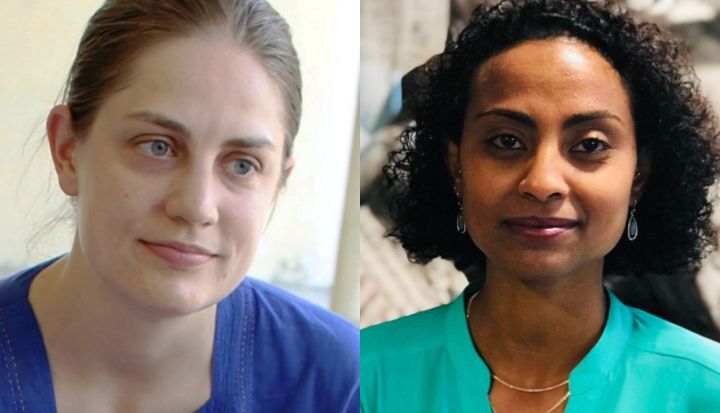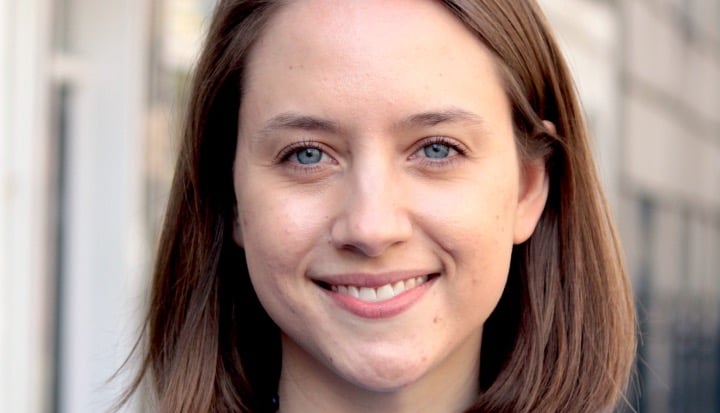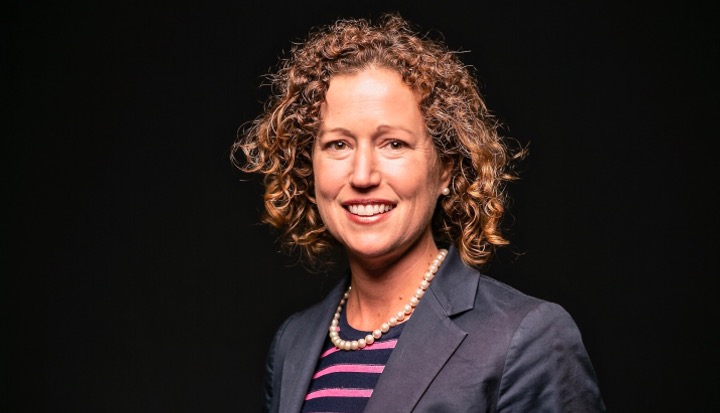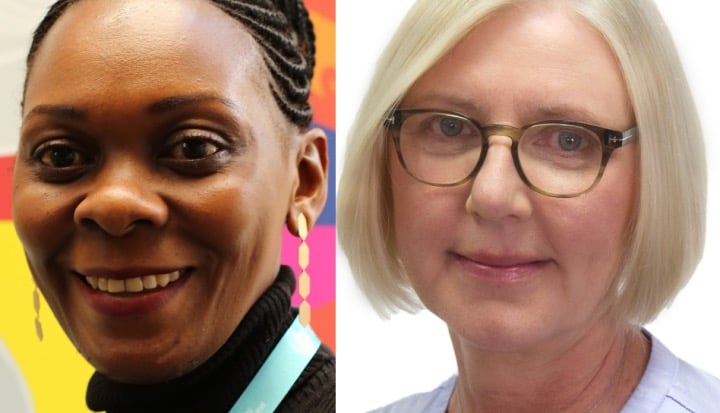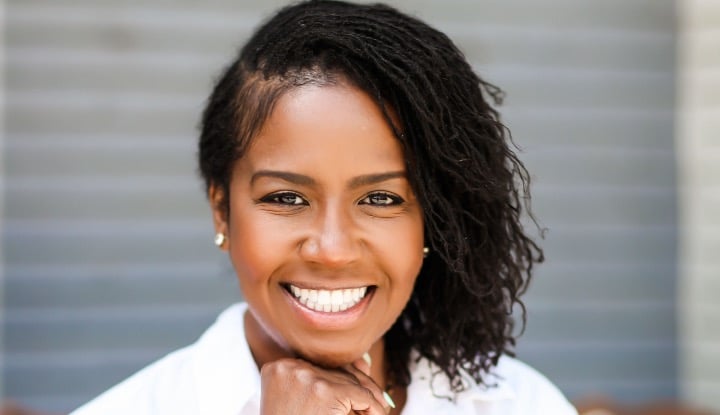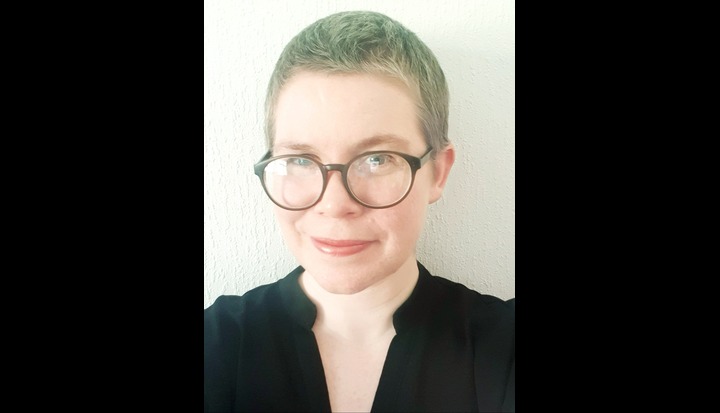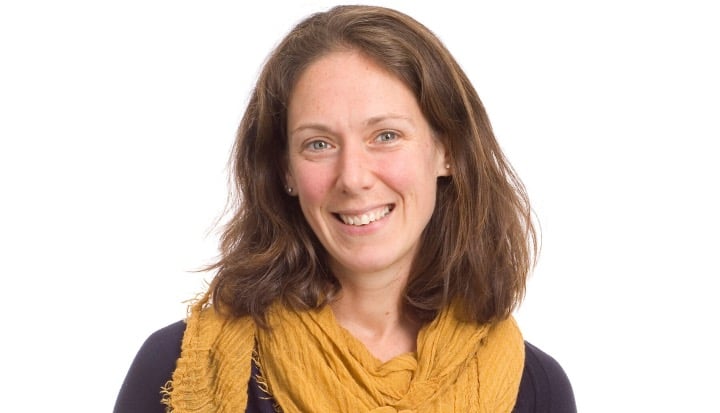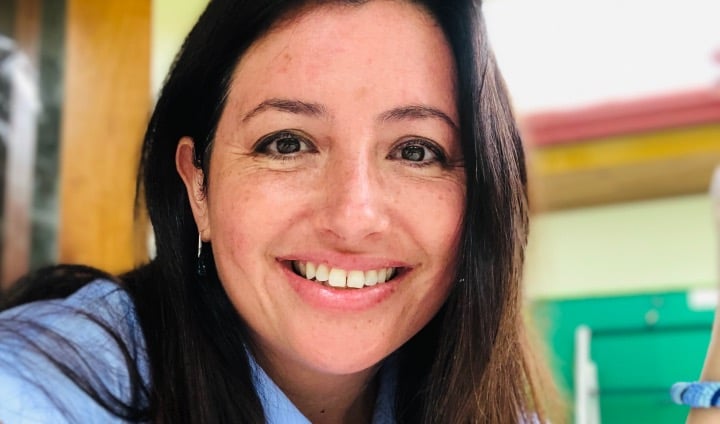BFP: What do you do?
 CJ: I lead Business in the Community’s work on the UN Millennium Development Goals. Business in the Community membership based responsible business charity, the largest business-led charity of its kind, and so my role looks at inclusive business and private sector engagement with International Development, helping companies see the business opportunities in addressing global poverty. The work is championed by a group of business leaders, Business in the Community’s International Leadership team.
CJ: I lead Business in the Community’s work on the UN Millennium Development Goals. Business in the Community membership based responsible business charity, the largest business-led charity of its kind, and so my role looks at inclusive business and private sector engagement with International Development, helping companies see the business opportunities in addressing global poverty. The work is championed by a group of business leaders, Business in the Community’s International Leadership team.
My work includes advising and supporting companies, recognising best practice and using those examples to inspire others, encouraging business collaboration and providing a platform for businesses to learn from each other.
BFP: What is the best part about your job?
CJ: Hearing about all the different work that is being done in such a range of businesses, and working with the companies on our Leadership team that are really shaping the agenda in this space. It’s also incredibly inspiring when businesses come together to do something collaboratively, bringing different core skills and achieving something they couldn’t do alone.
BFP: What have been your greatest challenges?
CJ: It is probably convincing people of the importance of a business case for addressing development challenges, rather than a purely philanthropic approach. I strongly believe that is the only way to reach scale and sustainability, but there is resistance to this from both business and NGOs. Often businesses can be reluctant to be clear and transparent about their business case.
BFP: How have you overcome these challenges?/ What advice, would you give to others?/ What is the secret of your success?
CJ: Sharing the successes of when businesses are addressing development challenges with a solid business case, creating shared value. But it’s also important to recognise that initiatives such as these can take time and require a longer term investment, and require different approaches to business as usual. We’ve made business benefits central to how we recognise best practice through our International Award.
BFP: If someone wants to do what you do, where should they start?
CJ: I think experience of different sectors is important, understanding both the business and the development perspectives. It helps to be able to adapt your language depending on the audience. I actually got into the role with having a number of years experience of working with companies on sustainability and social issues, and I was also studying for a Masters in Development Management.
BFP: Finally, what do you hope to get out of being part of the BFP community?
CJ: It’s a great way to keep up to date with the other organisations that work with businesses on development, and identify new examples of best practice.
Editor’s Note:
Thank you to Clare Jenkinson for taking the time to do this interview.
We’re always looking out for members to feature. Help us by taking two-minutes to update your profile, or by nominating someone for Business Fights Poverty Member of the Week.
Read previous Member of the Week interviews here.

